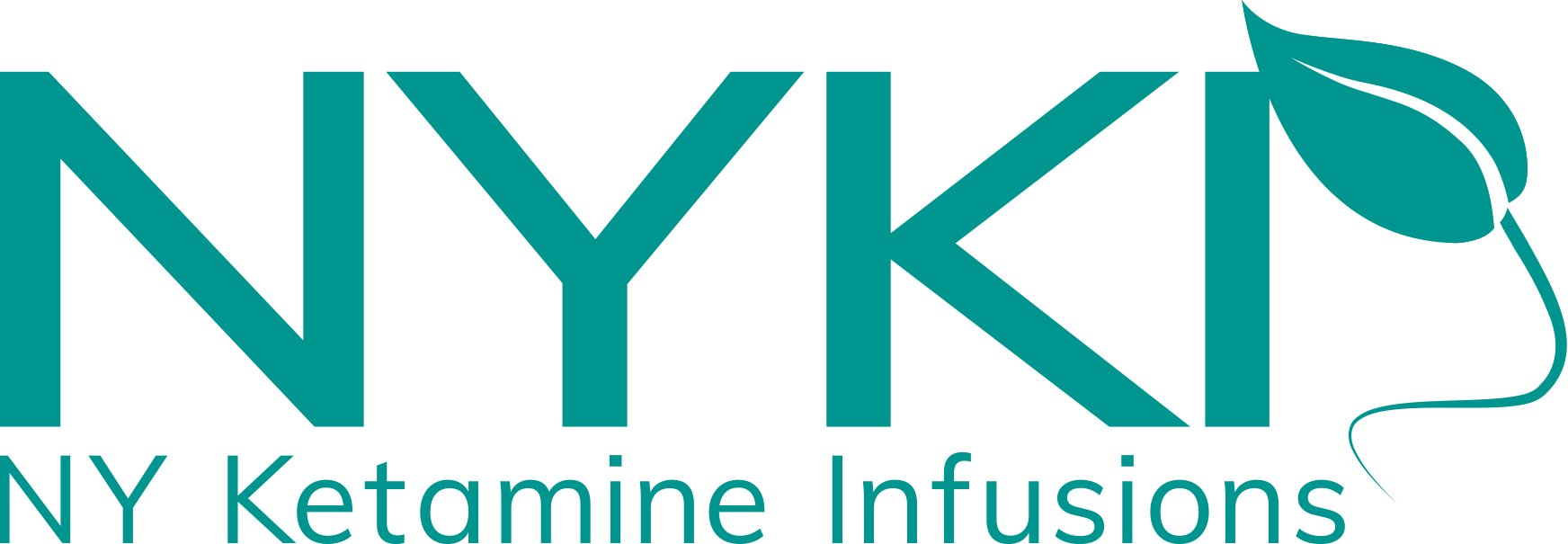Depression is a serious mental health condition that affects millions of people worldwide. While many individuals can manage their depression with therapy and medication, there are cases where going to rehab becomes necessary. Understanding depression and its symptoms is crucial in determining when it is appropriate to seek rehab treatment.
Understanding Depression
Depression is not just a temporary feeling of sadness; it is a complex mental health disorder that can have a significant impact on a person’s daily life. It affects the way one thinks, feels, and behaves, often leading to a persistent feeling of sadness and a loss of interest in activities once enjoyed.
But what exactly causes depression? The nature of depression is multifaceted, with both biological and environmental factors playing a role. It can be triggered by traumatic life events, chronic stress, certain medications, or a family history of depression. These factors can disrupt the delicate balance of chemicals in the brain, such as serotonin, dopamine, and norepinephrine, which play a vital role in regulating mood.
When it comes to recognizing depression, it’s important to be aware of the common symptoms.
- Persistent feelings of sadness: A deep and enduring sadness that seems to linger, even when there is no apparent reason for it.
- Loss of interest or pleasure in activities: Hobbies, socializing, and once-enjoyable activities may no longer bring joy or fulfillment.
- Changes in appetite and weight: Depression can lead to a significant decrease or increase in appetite, resulting in noticeable weight loss or gain.
- Disturbed sleep patterns: Insomnia or excessive sleeping can be common symptoms of depression, disrupting the natural sleep-wake cycle.
- Lack of energy: Feeling constantly fatigued or lacking the energy to engage in daily activities can be a sign of depression.
- Difficulty concentrating or making decisions: Depression can impair cognitive function, making it challenging to focus, remember details, or make decisions.
- Feelings of worthlessness or guilt: Individuals with depression often experience a pervasive sense of worthlessness or guilt, even when there is no rational basis for these feelings.
- Recurrent thoughts of death or suicide: In severe cases, depression can lead to recurrent thoughts of death or suicide, which should be taken seriously and addressed immediately.
It’s important to note that experiencing one or two of these symptoms does not necessarily mean someone has depression. However, if these symptoms persist for an extended period of time and significantly impact daily functioning, it may be indicative of a depressive disorder.
Understanding the nature of depression and its common symptoms is crucial in order to seek appropriate help and support. Depression is a treatable condition, and with the right interventions, individuals can regain their quality of life and find hope for the future.
The Role of Rehab in Depression Treatment
Rehabilitation, commonly known as rehab, can be a crucial step in treating depression when other forms of treatment have not been effective. Rehab programs offer comprehensive support and structured therapies that can help individuals develop coping strategies and improve their mental well-being.
Depression is a complex mental health condition that affects millions of people worldwide. It is characterized by persistent feelings of sadness, hopelessness, and a lack of interest or pleasure in activities. While there are various treatment options available for depression, such as medication and therapy, some individuals may require additional support to overcome their symptoms.
What Does Rehab for Depression Involve?
Rehab for depression typically includes a range of evidence-based treatments and interventions aimed at addressing the underlying causes of depression and promoting recovery.
Benefits of Rehab for Depression
Rehab for depression offers several benefits that can significantly impact an individual’s recovery journey.
Identifying the Need for Rehab
While everyone’s journey with depression is unique, some signs may indicate the need for rehab treatment.
Depression is a complex and debilitating mental health condition that can significantly impact a person’s daily life. It can make even the simplest tasks feel overwhelming and drain all motivation and joy from life. Recognizing when professional help is necessary is crucial for effectively managing depression and promoting overall well-being.
Fortunately, there are several signs that can indicate the need for rehab treatment for depression. These signs should not be ignored, as seeking timely and appropriate care can make a significant difference in a person’s recovery journey.
Signs You May Need Rehab for Depression
- Extreme difficulty functioning in daily life
Depression can severely impair a person’s ability to carry out daily activities. If you find it increasingly challenging to perform basic tasks such as getting out of bed, taking care of personal hygiene, or going to work or school, it may be a sign that your depression requires intensive treatment in a rehab setting.
- Consistent and intrusive thoughts of self-harm or suicide
Thoughts of self-harm or suicide should always be taken seriously. If you find yourself constantly preoccupied with these thoughts, it is crucial to seek immediate professional help. Rehab facilities have trained mental health professionals who can provide the necessary support and interventions to keep you safe.
- Unsuccessful attempts at managing depression with other treatment methods
If you have tried various treatment methods for depression, such as therapy or medication, without experiencing significant improvement, it may be an indication that a more intensive approach, like rehab, is needed. Rehab programs offer a structured and comprehensive treatment plan that can address the underlying causes of your depression and provide you with the tools to manage it effectively.
- Isolation and withdrawal from friends, family, and activities
Depression often leads to social isolation and withdrawal from previously enjoyed activities. If you find yourself consistently avoiding social interactions, neglecting relationships with loved ones, and losing interest in activities that used to bring you joy, it may be a sign that your depression requires the specialized care and support provided in a rehab setting.
- Continued substance abuse as a way to cope
Many individuals with depression turn to substance abuse as a way to cope with their emotional pain. If you find yourself relying on drugs or alcohol to numb your feelings or escape from reality, it is essential to address both your substance abuse and underlying depression through a comprehensive rehab program.
Assessing the Severity of Your Depression
Before considering rehab, it is crucial to assess the severity of your depression. Mental health professionals can help determine whether your depression requires intensive treatment through rehab or if other forms of therapy will be more appropriate.
Assessing the severity of depression involves a comprehensive evaluation of various factors, including the duration and intensity of symptoms, the impact on daily functioning, the presence of co-occurring mental health conditions, and the level of support available in your current environment. This assessment ensures that you receive the most suitable and effective treatment for your unique needs.
Remember, seeking help for depression is a brave and important step towards reclaiming your life and well-being. Rehab treatment can provide you with the support, guidance, and tools necessary to overcome depression and build a brighter future.
Steps to Take Before Going to Rehab
If you and your healthcare provider decide that rehab is the right choice, there are some essential steps to take beforehand.
Consulting with Mental Health Professionals
Reach out to mental health professionals who specialize in depression treatment. They can provide a comprehensive evaluation to determine the best course of action and offer guidance and support throughout the rehabilitation process.
Preparing for Rehab
Preparing for rehab involves making practical arrangements in your personal and professional life to ensure a smooth transition. Inform your loved ones about your decision, discuss any necessary leave from work, and make arrangements for ongoing responsibilities.
What to Expect in Rehab for Depression
Knowing what to expect can alleviate some of the anxiety surrounding rehab and help individuals make the most of their treatment program.
The Rehab Process
Rehab programs are designed to address the unique challenges of living with depression. They typically involve daily therapy sessions, both individual and group, where individuals have the opportunity to explore their emotions, gain insights, and build coping skills. Medication management is also an integral part of the rehabilitation process, ensuring individuals receive the appropriate support.
Post-Rehab Recovery and Maintenance
Recovery from depression does not end when rehab does. Following rehab, individuals are encouraged to continue attending support groups, therapy sessions, and practicing the skills and techniques learned during their treatment program. Establishing healthy habits, such as maintaining a regular sleep schedule, engaging in physical activity, and participating in enjoyable activities, can also aid in maintaining mental well-being.
Conclusion
Deciding to go to rehab for depression is a significant step towards improving mental health. Understanding depression, its symptoms, and the role of rehab in treatment can help individuals determine whether seeking such treatment is appropriate for their unique circumstances. By identifying the need for rehab, taking necessary steps, and being aware of what to expect, individuals with depression can embark on a journey towards recovery and a happier, healthier life.








